Nutrition and Learning
(Article taken in part from Stowell Learning Center)
According to Gayle Moyers, certified educational therapist of Moyers Learning Systems, "What we eat has more impact on learning than we ever give it credit. Cereal and milk don't have enough protein to sustain a child through the morning at school," she said.
Although protein is not the sole component to a nutritious lifestyle, eggs, protein bars or drinks, even peanut butter sandwiches are more nutritious and have more "staying power" for concentration and learning. However, it's important for three food components (protein, carbohydrates and fat) working together to keep blood sugar levels consistent and energy and focus levels optimal. Eating a balanced amount of protein, simple carbohydrates, complex carbohydrates and fat can give a student the best opportunity for success in school.
Moyers further states that students' brains are not only starving for healthy entrees, but also for variety. "I see a lot of students in my practice who eat less than ten different foods," Moyers said. "Typically these consist of items found on a fast food menu: hamburger meat, potatoes, white bread and other assorted fried foods."
Here is a list of good books on Nutrition according to Dr. Bunni Tobias:
Feed the Brain: How Foods Affect Children by C. Keith Conners
Food Additives: Shopper's Guide by Christin H. Farlow
Food and Healing by Annemarie Colbin
How to Raise a Healthy Child by Robert S. Mendelsohn
How to Teach Nutrition to Kids by Connie L. Evers
My Kid's Allergic to Everything: Dessert Cookbook by Mary Harris
Natural Alternatives to Antibiotics by Ray C. Wunderlich
The Nutrition-Fitness Link by Charles A. Slater
Smart Fats by Michael A. Schmidt
Solving the Puzzle of Your Hard to Raise Child by William G. Brook, M.D.
Superimmunity for Kids by Leo Gallard, M.D.

